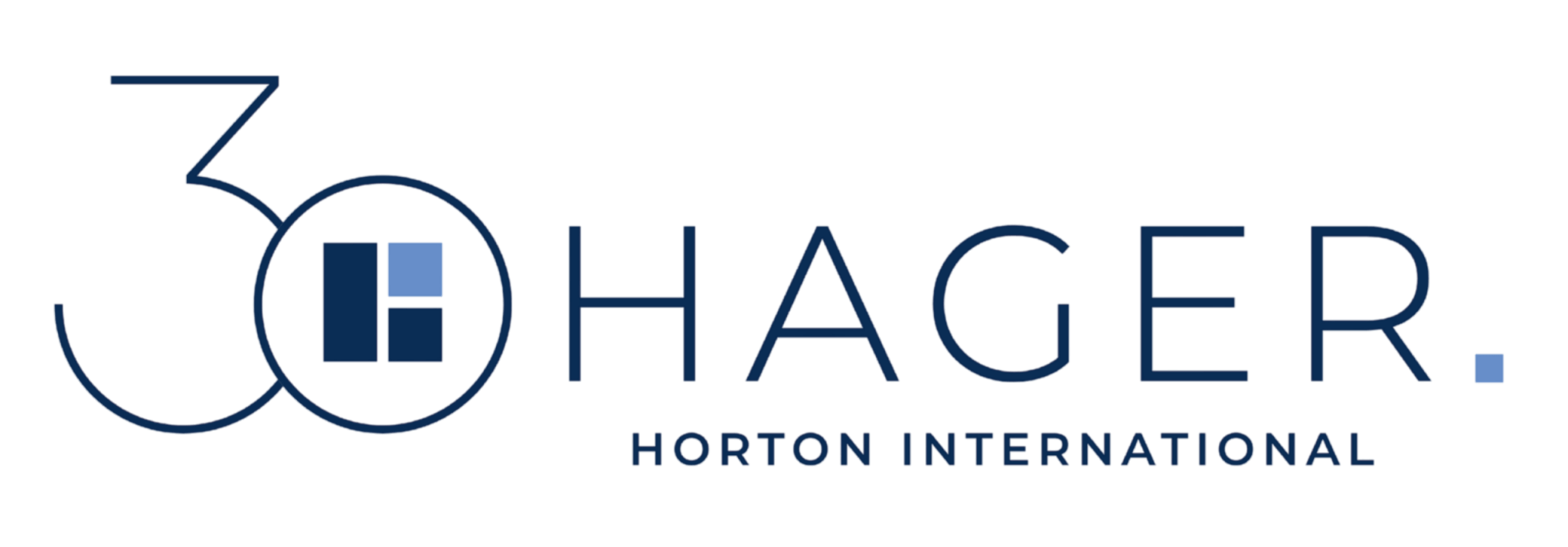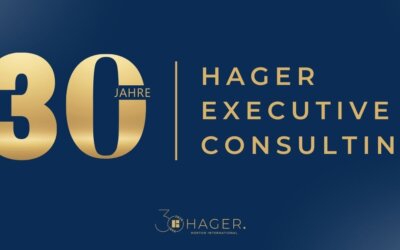
Non-commitment in the labour market is an increasingly relevant issue that many companies are facing. Which manager has not received a candidate rejection at very short notice for an interview or, even more annoying, for a contract offer?
Last week the candidate signalled great interest, then he didn’t let us hear from him for a few days and today the rejection came by email in a one-liner. No-shows on the first day of work are no longer a rarity these days. Do we as managers simply have to accept this behaviour or are there ways to achieve more commitment?
Where does this trend come from?
In my experience, there are two main reasons for this development.
Since the coronavirus pandemic, companies have increasingly focussed on digital meetings both internally and in the recruitment process. At first glance, this has many advantages. The time investment for face-to-face meetings is significantly higher, as these appointments usually take longer and involve travelling. Digital meetings are shorter and can be organised more flexibly. This is actually an advantage, as speed is a winning argument in the recruitment process.
But this is precisely where the danger lies, especially if the recruiting process is mapped exclusively remotely. Cancelling a virtual meeting is many times easier than cancelling an in-person appointment that has been planned for the long term and requires significantly more effort from everyone involved.
The second key point is that there is often a lack of commitment. Digital meetings have many advantages, but they make it difficult to build a real bond. It’s different when you’ve stood face to face, shaken hands and looked each other in the eye. Real trust is not built between screens, it is built between people.
What does this mean for companies and how can managers make a difference?
In short, we need to plan more face-to-face meetings again. Personal contact strengthens bonds and commitment. Through face-to-face meetings, companies can build a stronger bond with candidates early on in the application process and significantly boost their interest in the company and the role. Face-to-face contact also offers many advantages for candidates, as they can experience the company and culture first-hand. This added value should be clearly communicated to candidates.
We are still in a candidate market. Companies must recognise the risk and not close their eyes to it. Good candidates are spoilt for choice when it comes to job opportunities. Awareness is the first step in confronting the issue of non-commitment.
Another important measure for managers and HR managers is to create diversity when selecting candidates. You shouldn’t just focus on one candidate, but conduct a dialogue with a small number of suitable candidates until the final round. Comparing strong candidates increases the certainty of the decision. In addition, if you put all your eggs in one basket too early, there is a great risk that you will start from scratch when filling the position, which is associated with an immense time delay (usually several months) and consequently leads to high costs.
Finally (and the most crucial aspect for me) is the ‘perfect’ candidate journey. A seamless, positive experience with the organisation is crucial for high engagement. Organisations should ensure that candidates have a smooth and positive experience throughout the entire application process, from initial contact to contract signing and onboarding. By engaging in a dialogue as equals, having interviews that are aligned in content and a speedy process without pressure, you can make the difference as a person and as a company. Because you can be sure that some company will turn the candidate journey into a unique experience.
This article was written in cooperation with Stefanie Nagel, Client Manager of the ‘Software’ business unit at HAGER Executive Consulting.



